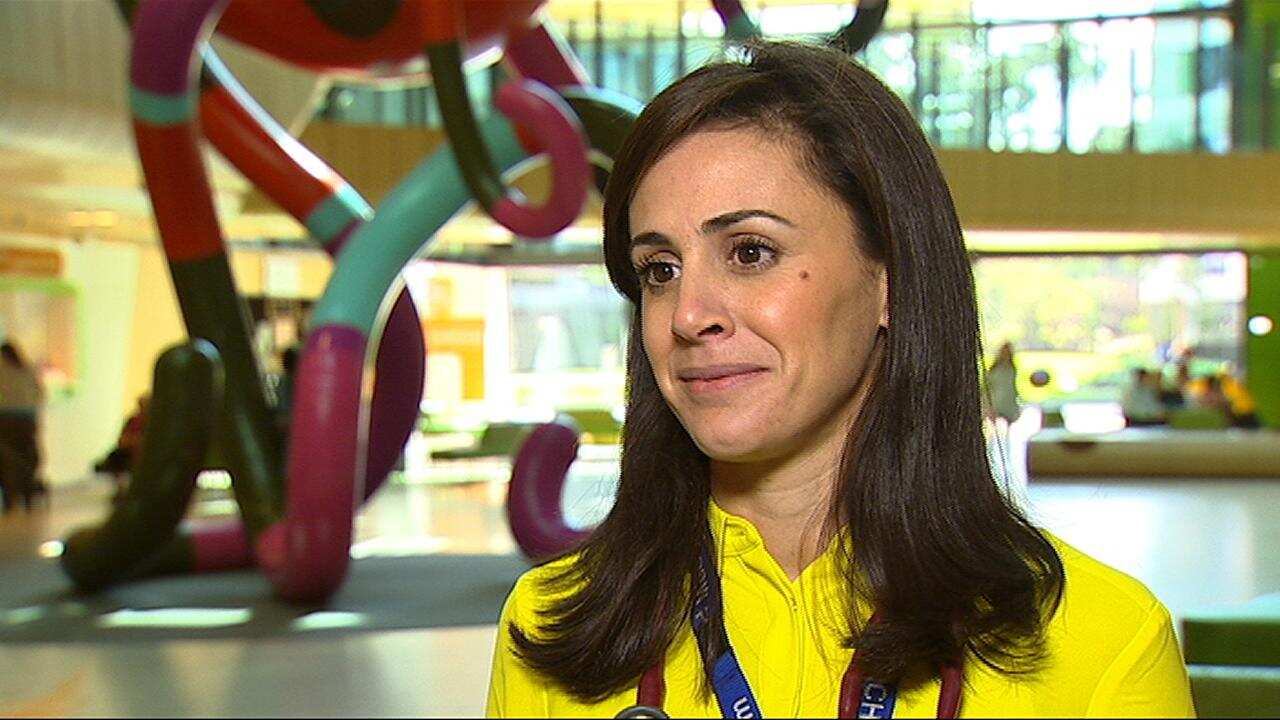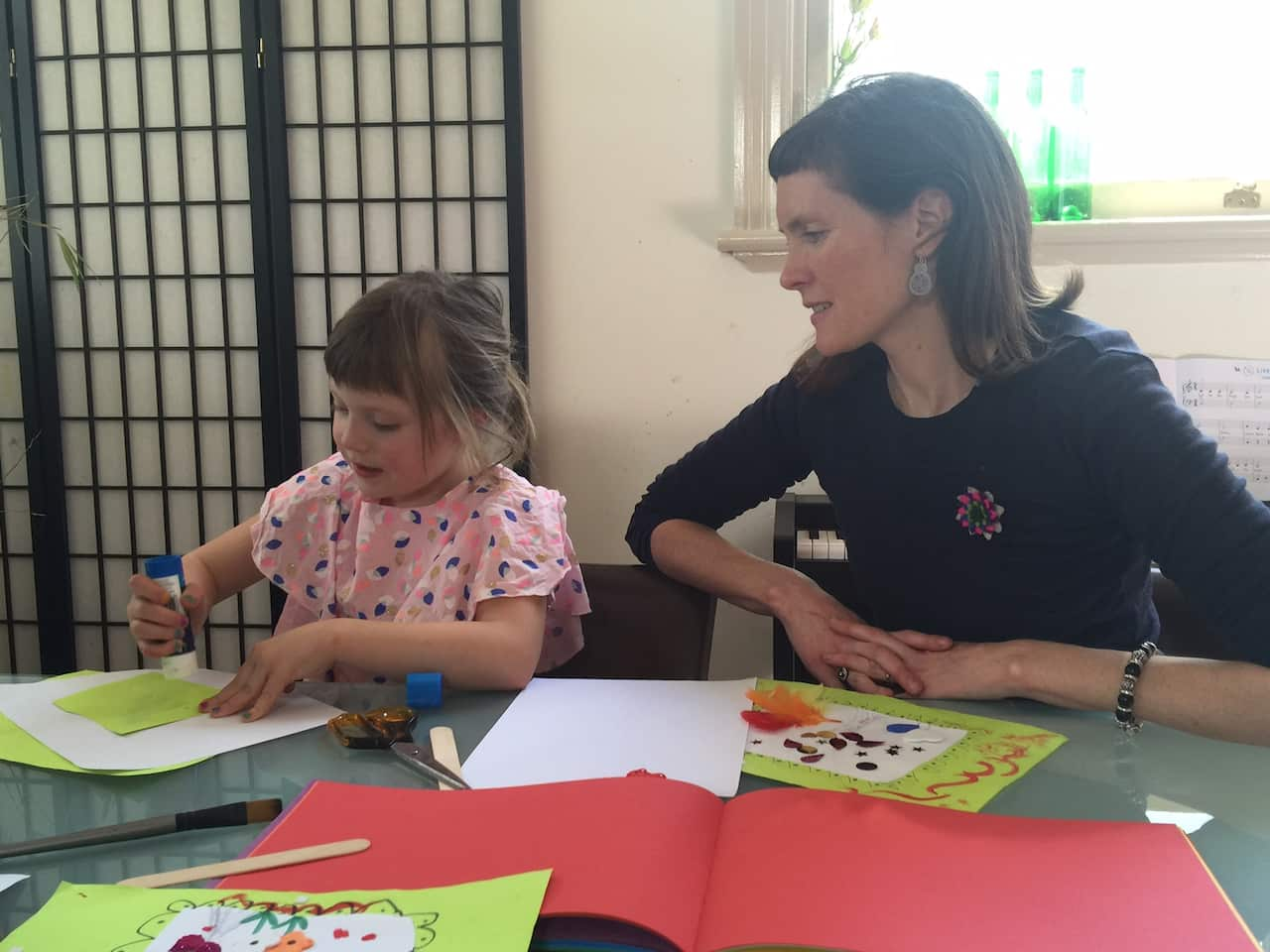New research from the Royal Children's Hospital (RHC) has shown parents are spending millions on over-the-counter medications for their children.
The RCH health poll found Australian parents are spending $67 million a year on cold and flu remedies, which have no proven benefit in treating and preventing illness.
It also found over half of all Australian kids take some form of vitamin supplement, with parents believing it will improve their overall health.
RCH paediatrician Dr Anthea Rhodes said most cough and cold medicines do more harm than good.
"They're designed to be symptomatic relief, aimed at targeting the cough and the runny nose for example, but we know on evidence that they are not effective in doing that," she said.
"And in fact some of those symptoms, particularly (the) cough, is a way your body is trying to get better."
The research shows a third of children under six have incorrectly been given cough syrup.

Since 2012, advice from the Therapeutic Goods Administration is to restrict cough medicine to children over the age of six, because of potentially harmful side effects.
"These are cough medicines that are usually a mixture of antihistamines, antitussives and decongestants, bought over the counter by parents on the advice in three quarters of the cases by pharmacists," said Dr Rhodes.
Melbourne mum Alice Crowe said while her family had done its best to avoid vitamins, supplements and unnecessary pain killers, it was sometimes difficult to treat a sick child with rest.
Her five-year-old daughter Scarlett has been home from kindergarten this week with a cold.
"Every parent knows the feeling of having a sick child and you will just do anything you can to help your child," Ms Crowe said.
"We've got three to four bottles of Nurofen and a couple of bottles of Panadol, and it is very easy to give pain relief," said Ms Crowe.

Susannah Bong, who has been a pharmacist for 10 years, said it could be a daily struggle to convince parents that medicines weren't always needed.
"No one likes to see their child uncomfortable and they feel like they have to do something, but it's up to the doctor or the pharmacist to educate them that they don't have to give them something."
Dr Anthea Rhodes added investing money into medicines which had no proven benefit was ultimately "a waste for families".
"I would suggest they keep their wallet in their pocket."
